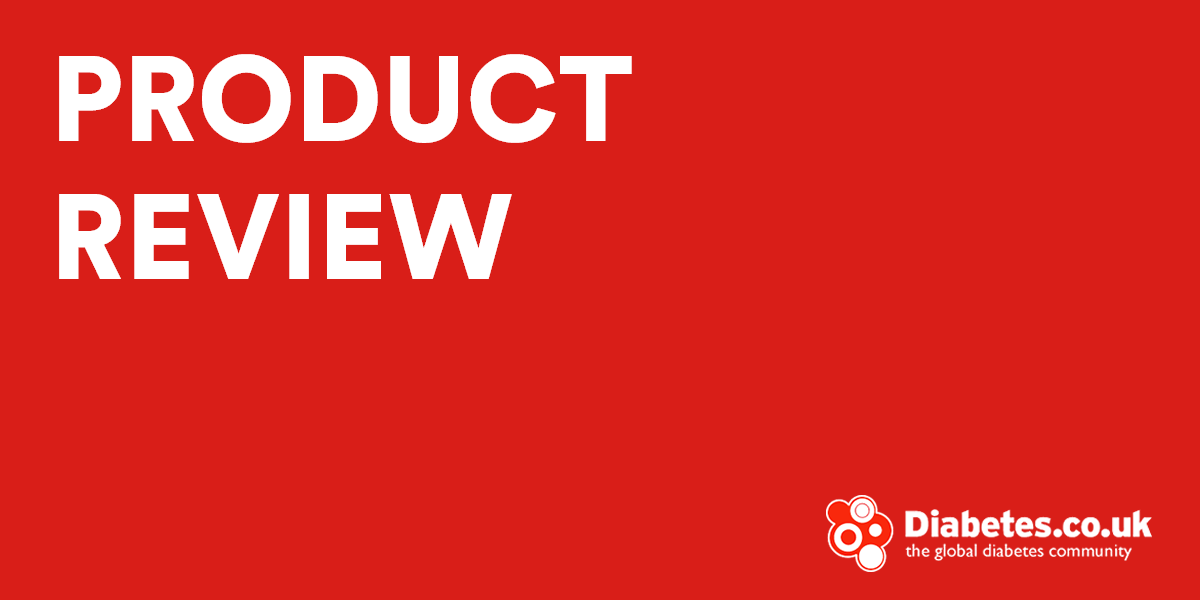The community feature this week focuses even further on diabetes and hypoglycemia, a topic we feel is essential for people with diabetes to understand.
Blood sugar levels mean the amount of glucose in the blood, and when this falls below a certain point a number of symptoms occur – this is hypoglycemia, or a hypo.
These should go away about 15 minutes after eating sugar if mild, but should be taken seriously.
What causes hypo?
Hypo is a short name for a low blood sugar event caused by over-treatment, too few calories for energy requirement, or alcohol
What happens during a hypo?
Hypos can be mild or serious, depending on whether you can manage yourself or you need assistance.
Symptoms include:
- paleness
- shaking
- perspiration
- feeling weak
- rapid heartbeat
- hunger
- agitation
- difficulty concentrating
- irritability
- fatigue
- blurred vision
- temporary loss of consciousness
- confusion
- convulsions
- coma
Hypoglycemia is treated by drinking or eating 10-20g sugar in any form. For serious hypos, glucagon should be administered or an ambulance should be called if this is not possible.
Healthcare professionals advise treating serious hypo as an emergency.
In cases of serious hypos, an ambulance may need to be called. Healthcare professionals advise treating serious hypo as an emergency.
If you experience regular hypos it is well worth testing your blood glucose more often. You may need to review your treatment and management routine. Make sure you always carry enough glucose with you. Read more on hypo awareness
What if I am regularly experiencing hypo?
Regular hypos mean that you should test blood glucose four times per day. You should carry sugar, adjust your treatment and management routine and make sure you have a glucagon injection kit. Be aware of hypo symptoms and follow advice from healthcare professionals.
Remember, regular hypo can be dangerous and damage long-term health.
What the community are saying about hypos?
- Fergus : When I see anything below 4 on my meter I tut and feel annoyed and sad. Then I spend a few minutes at least stressing about how it happened, how it can be avoided and with firm assurances to myself to not make that mistake again.
- Fergus : 2.9 mmol/l is definitely hypo ground, it sounds like you may be running your BG levels too low if you get no hypo symptoms until that very low point. When I hit 2.4 mmol/l once I knew it was coming and I felt dreadful
- DannyB : My BS levels have been pretty predictable now for some months. I do not take tablets or insulin – I control with diet (relatively low carb) and exercise. (I am type 2). Normally my late afternoon levels (before my evening meal) are around 5.2/ 5.8. However for the last week or so I have noticed that my BS level (just before my evening meal) has been much lower: 4.1 / 4.5. Then just now I felt a little ‘wishy -washy’ so thought I would just check my level and it was 3.6. I have only ever seen a figure as low as that once before after I had been on the treadmill for too long.
- Lucozade : There’s a documented phenomenon whereby established diabetics “lose” the threshold for hypos and start to experience hypo symptoms at higher thresholds than the “routine” 3.9 for example, so even at say 5, they can have hypo symptoms, even though it shouldn’t happen at 5.
- Fergus : I don’t think there is anything to worry about with the odd lower reading. Maybe it means his blood sugar levels are becoming more normal, maybe he ate a fewer carbs or did a bit more exercise the day before. Maybe he is becoming a little less insulin resistant. 3.9 is on the low side of normal but 4mmol isn’t a figure below which it’s immediately dangerous. (in places that use mg/dl the level of 70 or even 65 is given for hypos. Like 4mmol, round figures 70mg/dl converts to 3.88mmol/l).






